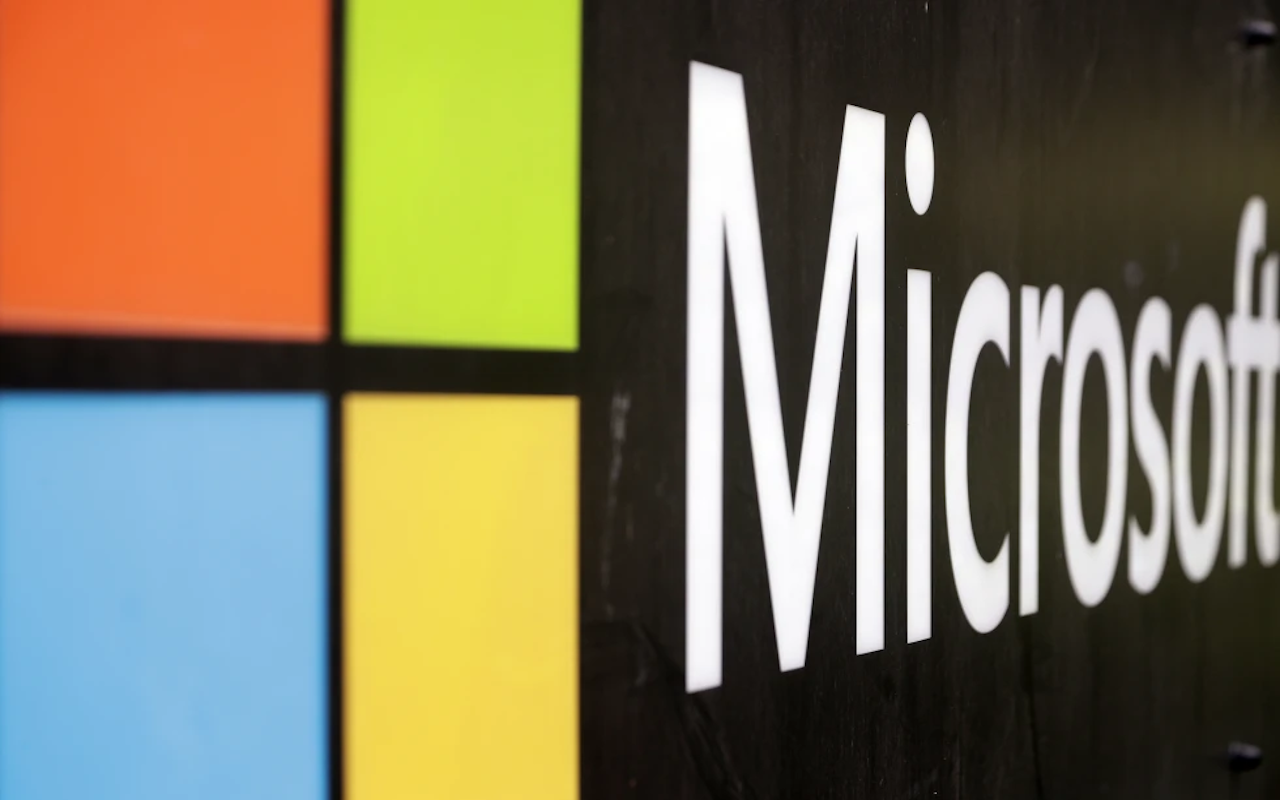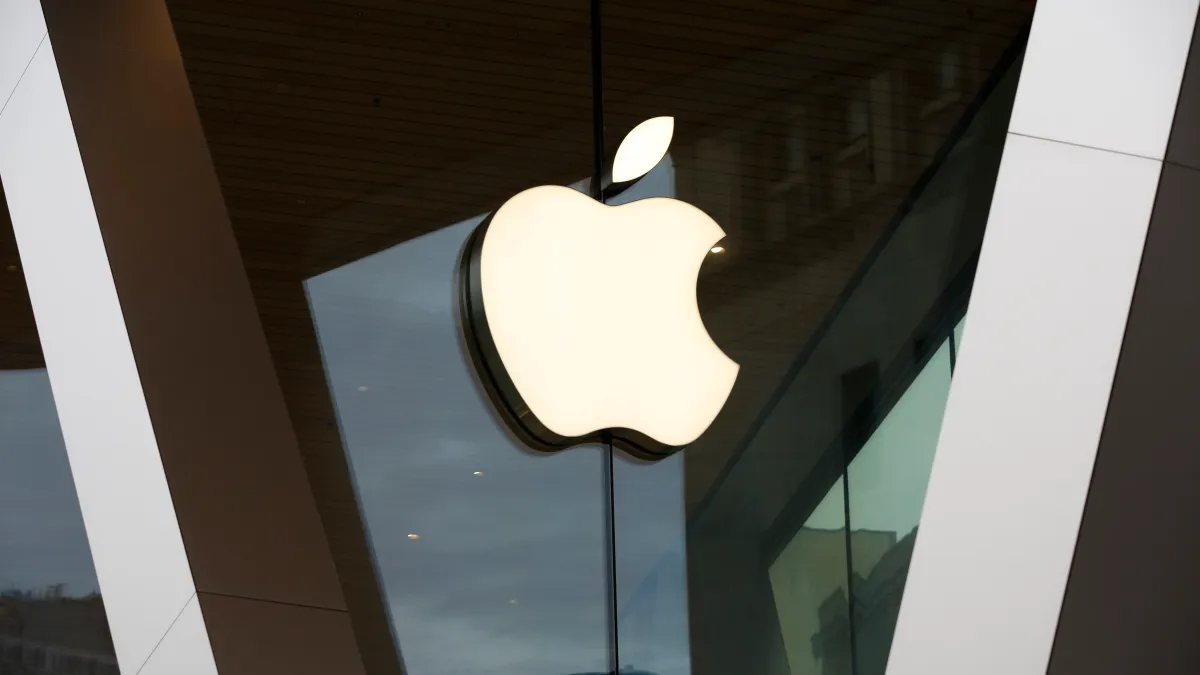PlayStation Live Service Push Faces Major Setbacks
Sony’s ambitious push into the live service gaming sector continues to encounter significant turbulence. The latest development sees the departure of prominent PlayStation executive Jade Raymond from Haven Studios, the developer behind the upcoming online multiplayer shooter Fairgames.

PlayStation Live Service Push Faces Major Setbacks
This personnel change, coupled with a reported delay for Fairgames following an external test, signals further challenges for PlayStation’s evolving live service strategy.
Jade Raymond’s Departure and Fairgames’ Delay
Jade Raymond, a well-known figure in the gaming industry and founder of Haven Studios, reportedly exited the Sony-owned company several weeks ago. This departure follows an external playtest of Fairgames, which, according to a Bloomberg report, did not meet expectations. The game, initially slated for release in Fall 2025, has now been pushed back to Spring 2026.
While PlayStation leadership did not provide Haven staff with an official reason for Raymond’s exit, sources with knowledge of the matter indicated that it occurred shortly after concerns were raised by some developers within Haven about the game’s reception and overall progress. Despite these recent changes, Sony has affirmed its continued support for Haven Studios and the development of Fairgames. The studio will now be co-led by new heads, Marie-Eve Danis and Pierre-François Sapinski.
The Broader Landscape: PlayStation’s Live Service Challenges
This incident represents yet another hurdle for Sony’s beleaguered live service initiatives, which appear to be undergoing a significant recalibration. While the company celebrated an undeniable triumph with Arrowhead’s Helldivers 2, which became the fastest-selling PlayStation Studios game of all time by moving 12 million units in just 12 weeks, this success stands as a stark exception in a landscape otherwise dotted with setbacks.
A Mixed Track Record: Hits, Flops, and Cancellations
The path for PlayStation’s live service games has been largely uneven, marked by several high-profile cancellations and a notable launch disaster:
- Concord’s Short-Lived Debut: One of the most significant recent failures was Concord, developed by Firewalk Studios. The game was taken offline just weeks after its launch due to alarmingly low player numbers. Sony subsequently decided to cancel the game entirely and ultimately shut down Firewalk Studios.
- The Last of Us Multiplayer Project: Naughty Dog’s highly anticipated multiplayer title set in The Last of Us universe was also scrapped, disappointing many fans of the acclaimed series.
- Unannounced Cancellations: Earlier this year, reports surfaced that Sony had quietly canceled two additional unannounced live service games. One was rumored to be a God of War-themed project under development at Bluepoint Games, while the other was reportedly in the works at Bend Studio, known for Days Gone.
These developments reflect a challenging period of strategic adjustment for the platform holder.
Sony’s Evolving Strategy: From Quantity to Quality
In February 2022, Sony had publicly declared ambitious plans to launch more than 10 live service games by March 2026, emphasizing a push for diverse genres and audiences. As part of this strategic pivot, the company invested heavily in studio acquisitions, bringing renowned developers like Destiny creator Bungie, Jade Raymond’s Haven Studios, and the now-shuttered Firewalk Studios into the PlayStation family.
However, by 2023, Sony President Hiroki Totoki indicated a review of the 12 live service PlayStation games then in development. He publicly committed to launching only six of these titles by the end of financial year 2025 (which concludes in March 2026). Totoki stressed that “quality should be the most important” factor for gamers, suggesting a shift in focus from sheer volume to delivering high-quality, impactful experiences.
Continuing Live Service Efforts: Where PlayStation Still Invests
Despite the numerous hurdles, Sony has not entirely abandoned its live service ambitions. Key initiatives continue, particularly through its acquired studios:
- Bungie’s Ongoing Role: Bungie remains a central pillar of Sony’s live service strategy, continuing to support Destiny 2 and with the highly anticipated Marathon reboot still in active development, slated for a full launch later this year.
- New Studio & Projects: Earlier this month, Sony announced the formation of a new PlayStation studio, “teamLFG,” which has already teased its debut game as a live service incubation project. Additionally, Guerrilla Games’ multiplayer title set in the popular Horizon universe is also reported to be actively in development.
These ongoing projects indicate that Sony is refining its approach, likely focusing on fewer, but potentially stronger, live service titles moving forward.
Industry Implications and Future Outlook
The challenges faced by PlayStation in its live service expansion offer valuable lessons for the broader video game industry, particularly for publishers keen on pivoting towards recurring revenue models. Success in the live service space demands not just significant investment but also a deep understanding of player engagement, community building, and long-term content strategies.
Sony’s journey illustrates that even with substantial resources and top-tier talent, sustained success in this competitive genre is far from guaranteed. Moving forward, PlayStation’s revised strategy seems poised to prioritize meticulous development and quality assurance over aggressive launch targets, hoping to finally build a robust and successful live service portfolio that resonates with its dedicated player base.





